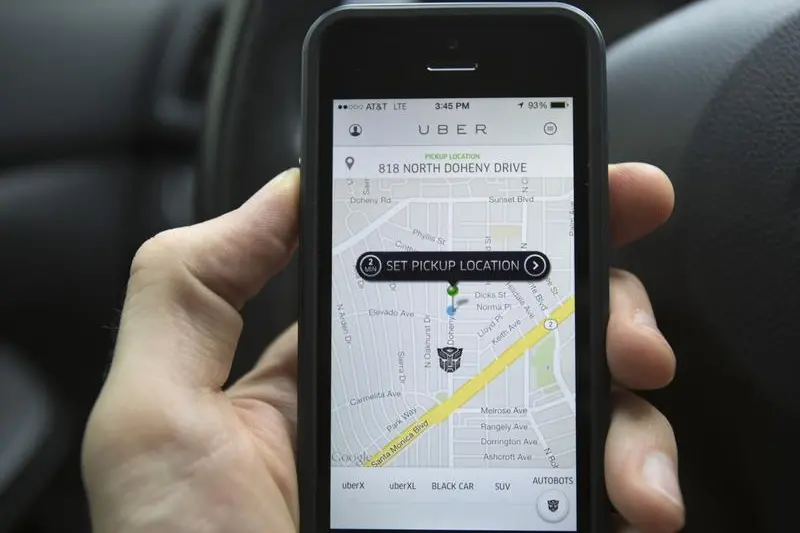PHOTO
Who doesn't love a David-and-Goliath story? An underdog taking on the big beast can be both impressive and inspiring, especially for entrepreneurs, as pointed out by resource speakers at GITEX's first Startup Movement Conference, held in Dubai this week.
However, in order for small businesses to compete against larger rivals, agility and flexibility matters, according to Mudassir Sheikha, co-founder of Dubai-based car-booking service Careem. Maintaining flexibility is a growing concern for the start-up, which has seen its business expand to 10 countries and 25 cities across the Middle East and Africa since launching in 2012.
"There is a risk that we might slow down, and this speed is something that has so far set us apart," he noted, adding that this is also a common problem for many start-ups in the region.
"As organisations start to grow, bureaucracy begins to set in, and decision-making becomes slower," he said. "Having speed, and being nimble, are big strengths that you can have against global competitors."
The prospect of taking on more established brands can be daunting for many small businesses, Sheikha admitted, but entrepreneurs must look at the competition as a challenge and an opportunity to address region-specific issues that international companies may have overlooked.
He credits the entry of Uber - the global ride-sharing business - to the region in 2013, for spurring competition in the online transportation network space.
"Having a giant at our heels, lighting our fire, ultimately sharpened Careem's value proposition, and made us a lot more aggressive in the way we run our business," he said.
However, the arrival of established, internationally recognised companies does not always yield such positive results. Examples abound of local companies who simply couldn't compete with the power of their established rivals, and quickly met their demise.
So why do some local start-ups succeed, while others are pushed out of the market by international competition? The Startup Movement Conference speakers offer the following insights on how small and medium businesses can gain some competitive advantage:
· Local focus makes you unique - According to Sheikha, a focus on understanding local problems is what sets local start-ups apart. "Some problems are experienced throughout the world, but oftentimes local problems will be completely unique to a region," he said, adding "the local solutions to these problems will be different to those that come from other parts of the world."
He gave as an example Saudi Arabia, where a large percentage of Careem users are women. "There are unique needs that you must take into account, which you would not have understood or factored in if you were building your start-up in San Francisco." The Careem-founder continues, "these local problems that aren't getting picked up globally are your strength."
· Think big, start small - Joanne Kubba, head of Public Policy for the Middle East and Africa at Uber, offers the following advice to would-be competitors: "Start-ups need to think big. If you're thinking too small, you're never going to make it."
This is, perhaps, an important distinction in the mindsets of a David and a Goliath. And Kubba agrees that as much as small start-ups need to think globally, established international players need to think locally.
· Make disadvantages work for you - Another common problem young companies face is a lack of funding. This, Sheikha reiterated can often work to one's advantage. "Because we couldn't pay a lot of money when we first started out, we attracted people who weren't driven by financial gain, but instead by a desire to solve problems in their countries," he remarked. "This allowed us to get the right people on board."
He offers a final bit of advice for any start-up feeling like the challenges they face are insurmountable: "You're not similar to Google or Facebook. They can put billboards all over cities and buy all the ads on social media. But you cannot. You're a small business, so you need to ask yourself how you could do things differently, or more creatively, in order to achieve the same impact?"
© Accelerate SME 2016





















